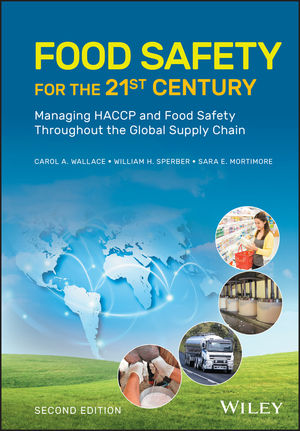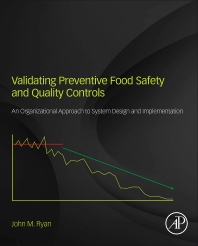The U.S. Food and Drug Administration (FDA), Washington, D.C., released its inspectional observation data for fiscal year 2017. The data presents an overview of violations cited by FDA during routine food facility inspections from October 2016 through September 2017. FDA consulting firm Registrar Corp., Hampton, Va., compiled the most commonly cited food safety violations:
- Lack of effective pest exclusion/screening. The facility does not take effective measures to protect food against contamination from pests or exclude pests from food production areas.
- Sanitation monitoring. The facility does not monitor sanitation conditions and practices frequently enough to conform to current good manufacturing practices (CGMPs). Some factors that should be monitored include the safety of water coming into contact with food and food contact surfaces, the condition and cleanliness of food contact surfaces and the measures used to prevent cross-contamination from unsanitary objects.
- Plant cleanliness. The facility fails to maintain cleanliness of the premises, or the facility is not constructed in a way that allows for proper sanitation or maintenance of floors, walls and ceilings.
- HACCP plan implementation. A facility producing seafood or juice fails to implement procedures in its HACCP plan. These may include monitoring critical control points of food hazards, verifying the adequacy of the plan's hazard control or maintaining records as required by 21 CFR Part 123.
- Reasonable precautions. The facility does not take precautions to prevent production procedures from contaminating food. Reasonable precautions may include monitoring food processing time and temperature or monitoring manufacturing operations, such as freezing or heat processing.
The violations listed above are nearly identical to the most common violations cited in FY 2016 and FY 2015.
The 2017 list is the first to include violations related to FDA's Preventive Controls Rules and Foreign Supplier Verification Program (FSVP) Rule, both of which had compliance deadlines in 2017. Most food facilities are now required to have implemented HARPC food safety plans, and many importers are required to have FSVPs. Despite the first FSVP compliance deadline passing as recently as May, failure to develop an FSVP was cited 108 times. With the next FSVP deadline landing in March 2018, it is probable that FSMA violations may make their way to the top next year.








